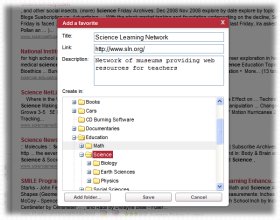|
Education
Web
Viewing 1-1 of 1 total results
using a variety of methods (e.g., straightedge and compass, patty/tracing paper, or technology). • Congruent angles or line segments • Midpoint of a line segment 7. Create two-dimensional representations (e.g., nets or projective views) for the surfaces of three...
1
0
using a variety of methods (e.g., straightedge and compass, patty/tracing paper, or technology). • Congruent angles or line segments • Midpoint of a line segment 7. Create two-dimensional representations (e.g., nets or projective views) for the surfaces of three-dimensional objects. 4.2.8 B. Transforming Shapes 1. Understand and apply transformations. • Finding the image, given the pre-image, and vice-versa • Sequence of transformations needed to map one figure onto another • Reflections, rotations
24
0
http://www.nj.gov/education/cccs/2004/s4_math.pdf#page=24
www.nj.gov/education/cccs/2004/s4_math.pdf#page=24
using a variety of methods (e.g., straightedge and compass, patty/<span class="highlight">tracing</span> paper, or technology). • Congruent angles or <span class="highlight">line</span> segments • Midpoint of a <span class="highlight">line</span> segment 7. Create two-dimensional representations (e.g., nets or projective views) <span class="highlight">for</span> the surfaces of three-dimensional objects. 4.2.8 B. Transforming Shapes 1. Understand and apply transformations. • Finding the image, given the pre-image, and vice-versa • Sequence of transformations needed to map one figure onto another • Reflections, rotations
26
0
http://www.nj.gov/education/cccs/2004/s4_math.pdf#page=26
www.nj.gov/education/cccs/2004/s4_math.pdf#page=26
patty/<span class="highlight">tracing</span> paper, or technology). • Perpendicular bisector of a <span class="highlight">line</span> segment • Bisector of an angle • Perpendicular or parallel lines 4.2.12 B. Transforming Shapes 1. Determine, describe, and draw the effect of a transformation, or a sequence of transformations, on a geometric or algebraic representation, and, conversely, determine whether and how one representation can be transformed to another by a transformation or a sequence of transformations. 2. Recognize three-dimensional figures obtained
|
